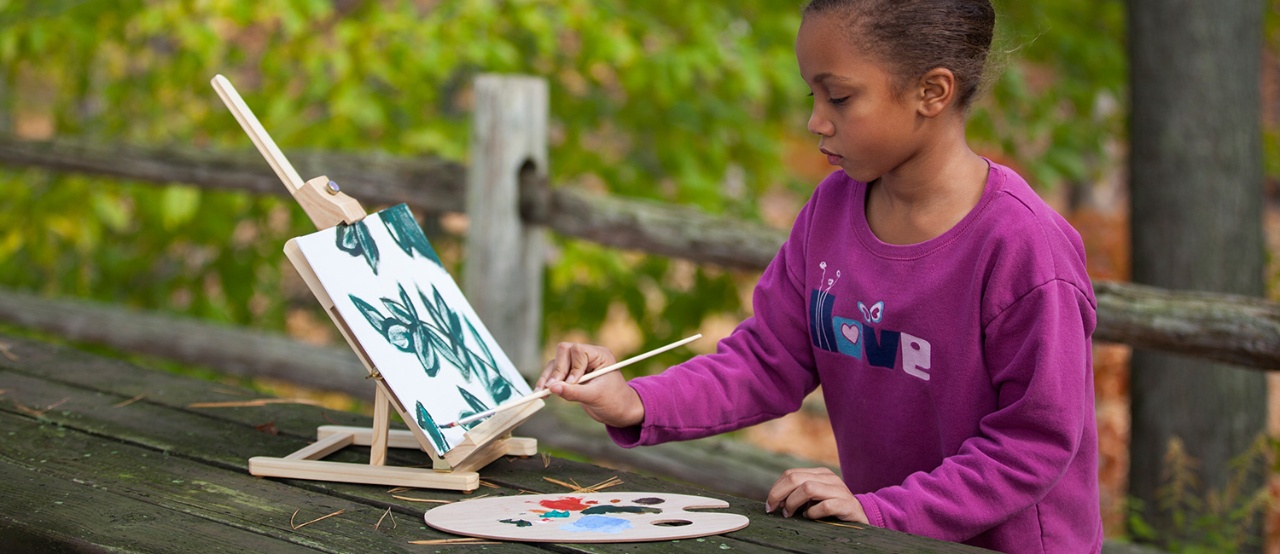 Leadership
Leadership
6 Tricks to Boost Her Confidence
You want your daughter to dream big and achieve huge things in her life—and the first step to that kind of success is helping her to believe she can do anything she sets her mind to. Steal these six boost-her-up secrets from Girl Scouts’ resident Developmental Psychologist Andrea Bastiani Archibald and watch her confidence soar.
- Catch her being clever
Kids are so terrific at observing life’s funniest, most puzzling, and inspiring moments. When your daughter helps you see a situation in a different light, tell her why what she said is so interesting and how she changed your thinking. It matters to her that you’re really listening, and that you appreciate what she has to contribute (which is a lot!). - Switch up the compliments
If she’s used to being praised on her looks (or even her singing voice or on her soccer prowess), make sure to tell her how great she is at other things, too. She’s got many talents, and should know that they’re all valuable—that her identity doesn’t have to depend on any one of them. As far as talking about how cute she is (I mean, come on, she’s adorable!) it’s fine to tell her she looks nice, but make sure those comments are sprinkled in amongst applause for her numerous skills and talents. She’s way more than just a pretty face! - Work up a Sweat
Whether you initiate an impromptu yoga session in the living room or challenge her to a round of hoops on the driveway, getting active with your daughter will boost her endorphins (and, thus, her mood) and also help her appreciate just how much her awesome body really can do—instead of only focusing on the way it looks. - Ask for Her Help
Has your daughter aced almost every video game out there? Have her give you some pointers the next time she’s sitting down for a game. Or if she’s the queen of Instagram filters and you’re, well, a little challenged in that department, have her walk you through her favorites. Whatever she’s great at, call her out on it and let her be the teacher for once. Putting her in an expert role will show your daughter that you value her knowledge, and give her leadership skills, too! - Let Her Set the Trends
Show curiosity about whatever she’s into right now—whether that’s horses, astronomy, or, well, whatever! She looks up to you, so when she sees you’re interested in the things she likes, too, she’ll feel even more confident in her choices and sense of self. - Cheer Her On
There will be times when your daughter will want to try out for or audition for things that are highly competitive, and that might not work out for her—that’s a good thing! Don’t discourage her from attempting a challenge just because she might not get picked. Instead, tell her how happy it makes you when she tries new things and really puts herself out there—and that you’ll be proud of her no matter what happens.




